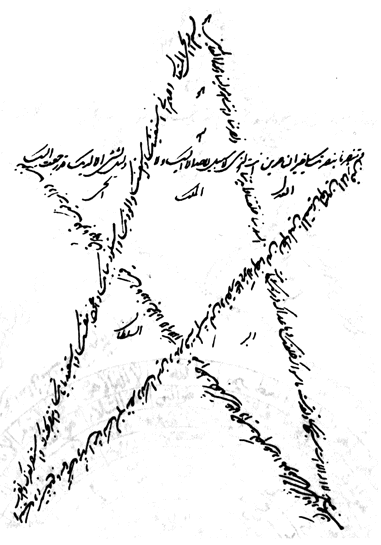Báb: Citáty v angličtine
The Kitáb-I-Asmá
Epistle to Muhammad Sháh
II, 8
The Persian Bayán
V, 19
The Persian Bayán
Tablet to ‘Him Who Will Be Made Manifest’
Tablet to the First Letter of the Living
Epistle to Muhammad Sháh
Tablet to ‘Him Who Will Be Made Manifest’
XVI, 19
The Kitáb-I-Asmá
VI, 4
The Persian Bayán
VII, 19
The Persian Bayán
Tablet to ‘Him Who Will Be Made Manifest’
VIII, 1
The Persian Bayán
XVI, 17
The Kitáb-I-Asmá
VIII, 9
The Persian Bayán
XVII, 16
The Kitáb-I-Asmá
II, 16
The Persian Bayán
III, 12
The Persian Bayán
XVI, 13
The Kitáb-I-Asmá
II, 17
The Persian Bayán
Tablet to the First Letter of the Living
XVI, 13
The Kitáb-I-Asmá
XVII, 4
The Kitáb-I-Asmá
XVI, 13
The Kitáb-I-Asmá
Dalá’Il-I-Sab‘ih
Tablet to the First Letter of the Living
